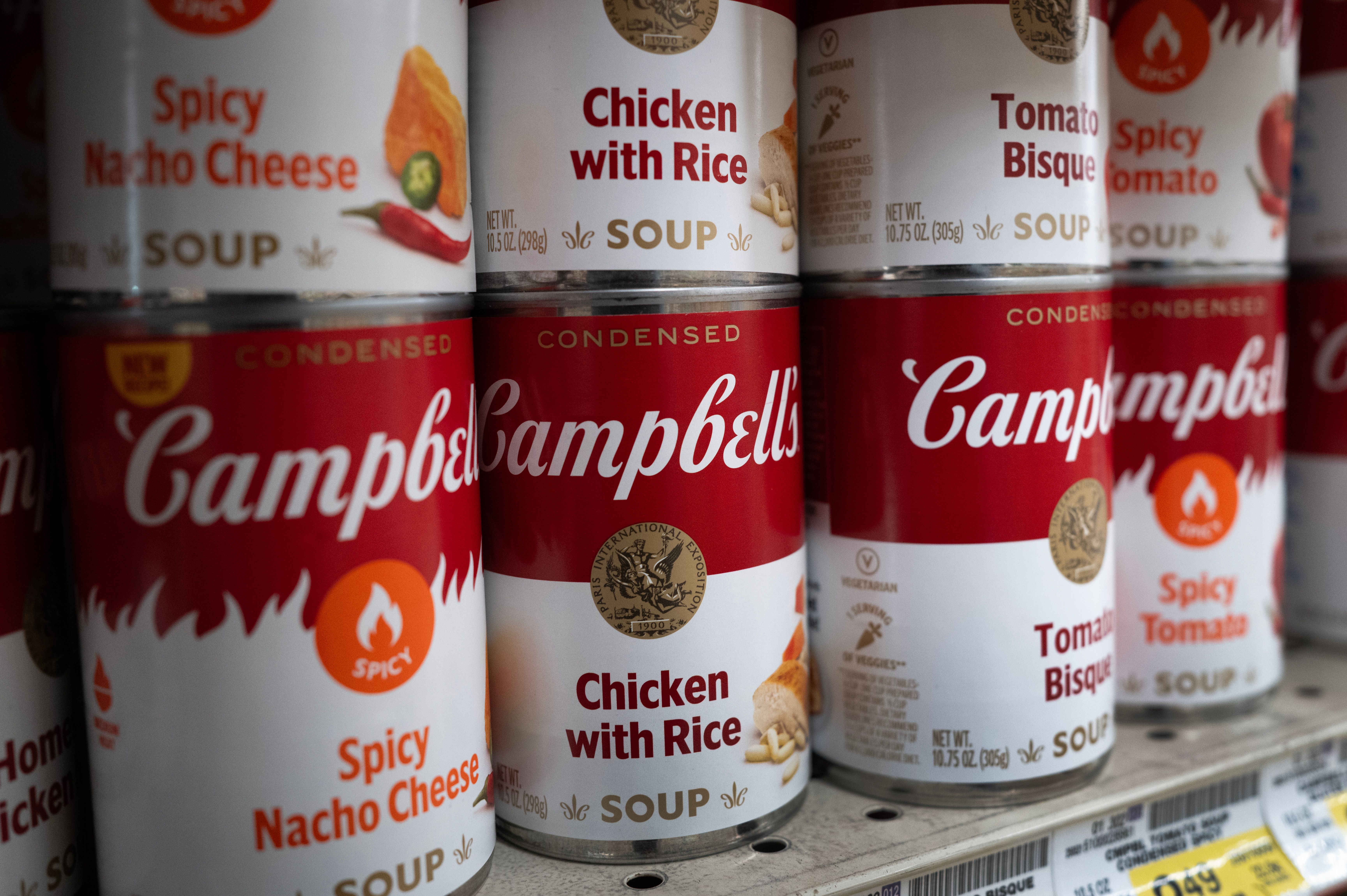Campbell's is scrambling to contain a bizarre PR crisis after leaked audio allegedly captured an IT executive claiming the company's chicken soup contains 3D-printed meat. The century-old food giant issued an emergency statement denying any use of lab-grown or bioengineered ingredients, but the incident highlights growing consumer anxiety about food technology and corporate transparency in an era of alternative proteins.
Campbell's finds itself in an unprecedented crisis management situation after audio leaked from an employee lawsuit allegedly captures one of its executives making inflammatory claims about the company's soup ingredients. The food giant moved quickly to issue a categorical denial, but the damage to its carefully cultivated brand image may already be spreading across social media.
The controversy centers on Martin Bally, Campbell's vice president of information technology, who allegedly told a former employee during a recorded conversation that the company's chicken soup contains 3D-printed meat. "I don't want to eat a fucking piece of chicken that came from a 3D printer, do you?" the person purported to be Bally says in the audio recording released as part of a lawsuit.
Campbell's responded with unusual speed and force for a company that typically maintains measured corporate communications. "The comments heard on the recording about our food are not only inaccurate, they are absurd," the company stated in its official response. "We do not use lab-grown chicken or any form of artificial or bioengineered meat in our soups."
But the leaked audio contains more than just questionable ingredient claims. The recording allegedly captures Bally making racist remarks while describing Campbell's products as "bioengineered" food designed "for poor people." These comments strike at the heart of Campbell's brand identity, which has long positioned itself as an accessible, family-friendly staple across economic demographics.
The timing couldn't be worse for traditional food companies. Alternative protein technologies that once seemed like science fiction are rapidly moving toward commercial reality. KFC partnered with a Russian bioprinting firm in 2020 to develop lab-grown chicken nuggets using actual chicken cells and plant materials. Companies like Memphis Meats and Perfect Day are already producing lab-grown proteins that are indistinguishable from conventional alternatives.
Campbell's emphasized that Bally works in IT, "who has nothing to do with how we make our food," in an apparent attempt to minimize his credibility on ingredient matters. The company has placed him on administrative leave while conducting its internal investigation. However, the executive's senior position means his alleged comments carry significant weight with consumers who may already harbor suspicions about processed food production.
